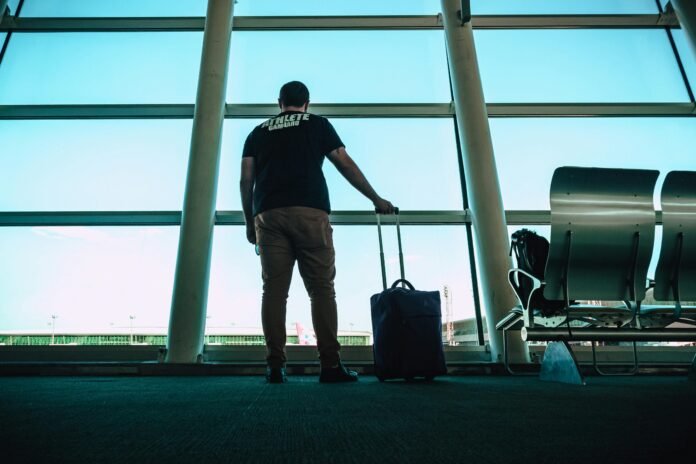The rules of air travel in the United States are changing, and passengers may notice a big difference the next time flight disruptions occur. Airlines are no longer required to provide cash compensation, hotel stays, or meals when travelers are stranded due to delays or cancellations. This shift could affect millions of passengers, especially during peak travel seasons when disruptions are more common.
What Changed in Passenger Rights?
Previously, certain consumer protections encouraged airlines to cover passenger expenses like hotel lodging, transportation, and meals when disruptions were within their control. While some carriers voluntarily offered compensation, there was no universal requirement under federal law.
Now, with updated regulations, the responsibility largely shifts back to passengers. Airlines are not legally obligated to provide:
-
Cash refunds or vouchers beyond the cost of the ticket.
-
Complimentary hotel accommodations for overnight delays.
-
Meal vouchers or stipends during extended disruptions.
Instead, airlines only need to provide a refund if the airline cancels your flight and you choose not to travel.
How This Impacts Travelers
For travelers, this means out-of-pocket expenses could become more common if a flight is canceled or significantly delayed. If a weather event, mechanical issue, or staffing shortage disrupts your itinerary, the airline may only rebook you on the next available flight without covering additional costs.
Passengers will now need to plan ahead and consider:
-
Travel insurance that covers delays, cancellations, and trip interruptions.
-
Credit cards with travel protection benefits such as trip delay reimbursement and baggage insurance.
-
Budgeting for emergencies, especially during holidays or peak seasons when hotel prices can surge.
What Airlines Still Offer Voluntarily
While airlines are not required to provide compensation, many continue to offer goodwill policies. Some major carriers may still provide meal vouchers or hotel stays depending on the circumstances. However, these benefits are at the airline’s discretion and vary by carrier.
Before booking, travelers should review each airline’s Contract of Carriage to understand what they can expect in the event of a disruption. You can check your airline’s policies directly on their official site—for example:
How to Protect Yourself
To minimize stress and financial loss, consider these steps:
-
Book with the right credit card – Premium travel cards often include protections for delays and cancellations.
-
Purchase travel insurance – Especially useful for international or high-cost trips.
-
Stay informed – Check your airline’s policies before flying and monitor real-time updates through the airline app.
-
Have a backup plan – Research alternative flights, nearby hotels, and transportation in case of unexpected disruptions.
Final Thoughts
Airlines no longer being required to cover passenger costs for disruptions marks a significant shift in U.S. air travel. While refunds are still guaranteed if a flight is canceled, the days of guaranteed cash, lodging, and meal coverage are gone.
For travelers, this highlights the importance of being proactive—using the right credit cards, investing in insurance, and preparing financially for emergencies.
If you want to maximize your travel experience and avoid surprises, staying informed is your best strategy.


